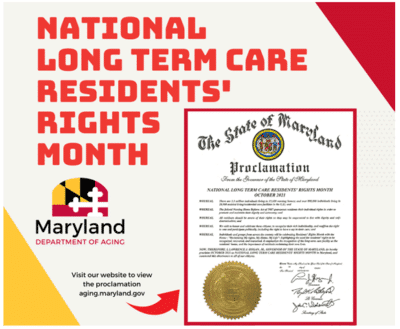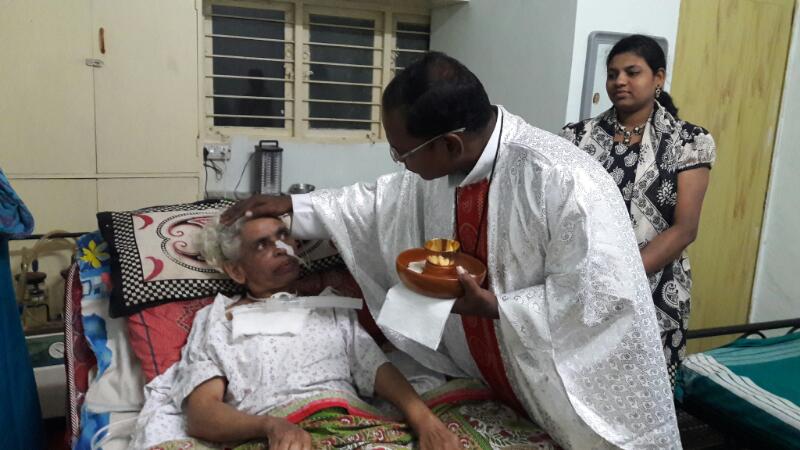
There are several options for paying for long-term care for elderly people. The majority of long-term care costs will be covered by a combination or several sources. These include Medicare, Medicaid and long-term care insurance. Out-of-pocket spending, while necessary, can quickly run out as a person ages. This is also a temporary state that will not be eligible for Medicaid. Medicaid eligibility is contingent on the elderly being low-income. This means that personal savings are hard to keep up and can be very depleted quickly.
Home care
Many options are available if you're looking for homecare for an elderly family member. These services may include companionship and transportation. The assistance can be given for as little or as long as you need. As well as reminders of medication and meals, home care can be provided for elderly persons. You may consider hiring an in home care provider if your loved ones require assistance with daily activities.
Seniors are most likely to receive long-term care in the comfort of their own homes. This care is often provided by unpaid relatives. In fact 25% of American adults said that they have provided care to an elderly relative in the last 30 jours. People would prefer to age at their own homes. Home care arrangements allow them to retain their independence and still have family members visiting them. While home care may not be ideal for every situation, it can be an ideal choice if you are unable to provide 24-hour assistance to your loved one.

Nursing homes
Many nursing homes offer the type of care an elderly person needs. These facilities offer day-to-day assistance for those who are unable and unwilling to care for themselves. Sometimes the elderly may need to be cared for temporarily due to illness, surgery or absence of a regular caregiver. These facilities are equipped to care for people with dementia or Alzheimer's. If you or a loved one is in need of long-term care, you can check out these options.
In addition to 24-hour custodial care, nursing homes offer advanced medical care. Nurses and doctors are responsible for the care of patients. A variety of tasks are performed by specially trained staff members who assist with daily living. Depending upon the needs of the elderly the facility may offer either long-term skilled or intermediate nursing care. Some facilities can also offer end-of life and hospice care. They are not hospitals but provide the highest level of care.
Short-term care
Short-term care is a great option for those who do not require 24-hour care. These facilities offer meals prepared by a chef, as well as activities and company for residents. Short-term care facilities are available to assist residents with everyday tasks such as bathing and dressing. The community is well-equipped, and residents can enjoy the facilities and pleasant atmosphere. As the caretaker receives a daily salary, short-term care costs are typically less than permanent facilities.
Nursing homes are another option for the elderly. Although they provide 24-hour care, medical assistance is not always available. Nursing homes may not be available for all people who require 24-hour care. It is better to plan ahead and find an alternative facility. These short-term centers offer residents comfortable living areas and life-changing options. Manda, a registered nurse and licensed administrator of nursing homes in Michigan, is also a licensed administrator. She has extensive expertise in all aspects the post-acute healthcare industry.

Medicaid
If you are in need of long-term care for yourself or a loved one, you might be interested in learning about Medicaid for long-term care elderly. This government health insurance program covers certain expenses for low-income elderly residents in nursing home. Medicaid eligibility is possible for senior citizens, provided they meet certain income requirements and have sufficient assets. Medicaid is not without its limitations. Proper documentation and careful planning can help you meet these requirements. To be eligible, you must have a U.S. citizenship and reside in the country where you are seeking assistance.
The programs covered by Medicaid are called Cash and Counseling. Many states have their Medicaid programs. These programs may not cover medical services. A Medicaid program usually covers personal care services. Additional benefits are offered by many states, including home delivery of meals and emergency response systems. Medicaid may pay spouses or family caregivers for assistance. But if your loved one requires more than these basic services, you should look into the Medicare program.